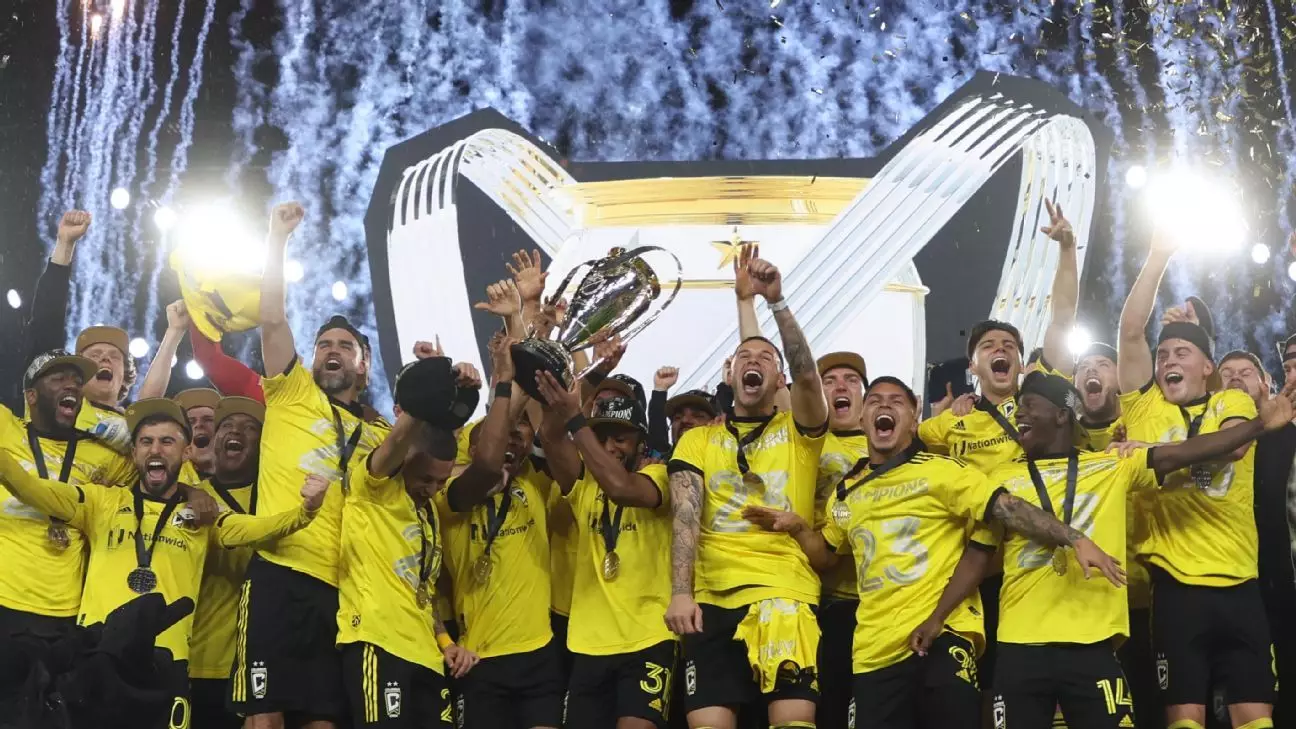The MLS Cup, inaugurated in 1996, stands as a pivotal event in the landscape of American soccer. As the championship match that concludes the Major League Soccer (MLS) playoffs, it brings together the best teams from both the Eastern and Western Conferences. Each year, this match not only determines the league champion but also gives the victorious team the unique opportunity to compete in the Concacaf Champions Cup. This article endeavors to provide an in-depth exploration of the MLS Cup’s history, its iconic teams, and its impact on the soccer community in the United States.
The first MLS Cup, held on October 20, 1996, featured a gripping contest between D.C. United and the LA Galaxy. D.C. United emerged victorious with a score of 3-2, marking the beginning of a storied tournament that would grow in importance and visibility over the ensuing years. The MLS Cup not only celebrates the achievements of the clubs involved but also reflects the evolution of soccer in a nation where the sport continues to gain traction. It showcases the increasing interest and investment in soccer in the U.S., a country traditionally dominated by sports like football, baseball, and basketball.
The LA Galaxy holds the distinction of being the most successful team in MLS Cup history, having secured the championship title five times (2002, 2005, 2011, 2012, and 2014). This remarkable feat positions them as a symbol of excellence within the league. Alongside them, teams like D.C. United and Columbus Crew have also made their mark with multiple championships, each contributing unique narratives and fanfare to the tournament’s history.
However, the league has experienced a mix of fortunes, with several franchises yet to taste victory in the MLS Cup. As of now, a significant number of active teams, including FC Cincinnati, Nashville SC, and Austin FC, remain without a championship trophy. This lack of accolades not only fuels the competitiveness within the league but also stirs passionate ambitions among fans and players alike.
Match Appearances and MVPs
The LA Galaxy’s historical prowess is further emphasized by their record with the highest number of MLS Cup appearances, reaching the final game ten times. Their consistency illustrates the club’s strong infrastructure and emphasis on talent development. The MLS Cup, being a high-stakes match, often elevates players to legendary status within the league. The Most Valuable Player (MVP) award recognizes individual brilliance, with past awardees like Landon Donovan and Dwayne De Rosario leaving indelible legacies that add to the narrative of the league’s history.
The MVP awards from the event are not merely accolades; they mark the moments that define a season and showcase players’ capabilities under pressure. Each winner has played a crucial role in not only their team’s success but also in broadening the appeal of soccer in the United States.
Despite the growing popularity of soccer and the MLS Cup, the league faces ongoing challenges, including competition from established sports and the need for further enhancement in player development. Many teams without a Cup victory are striving to improve their standings, indicating a promising outlook for the future of American soccer.
Moreover, as international soccer continues to thrive, MLS clubs are exploring methods to elevate their game, foster talent from within, and nurture fan engagement. The response from fans has been overwhelmingly positive, and as the league expands, so too does its footprint in the American sports fabric.
The MLS Cup is not just a culminating match of a season; it is a testament to the growing soccer culture in the United States. Each year, it crafts a compelling narrative filled with heroes, heartbreaks, and unforgettable moments. As the league and its teams continue to evolve, the MLS Cup remains a beacon, shining a spotlight on both historical significance and future possibilities within the soccer landscape. The legacy of the Cup and the teams that compete for it will undoubtedly shape the future of American soccer, inspiring generations to come.

